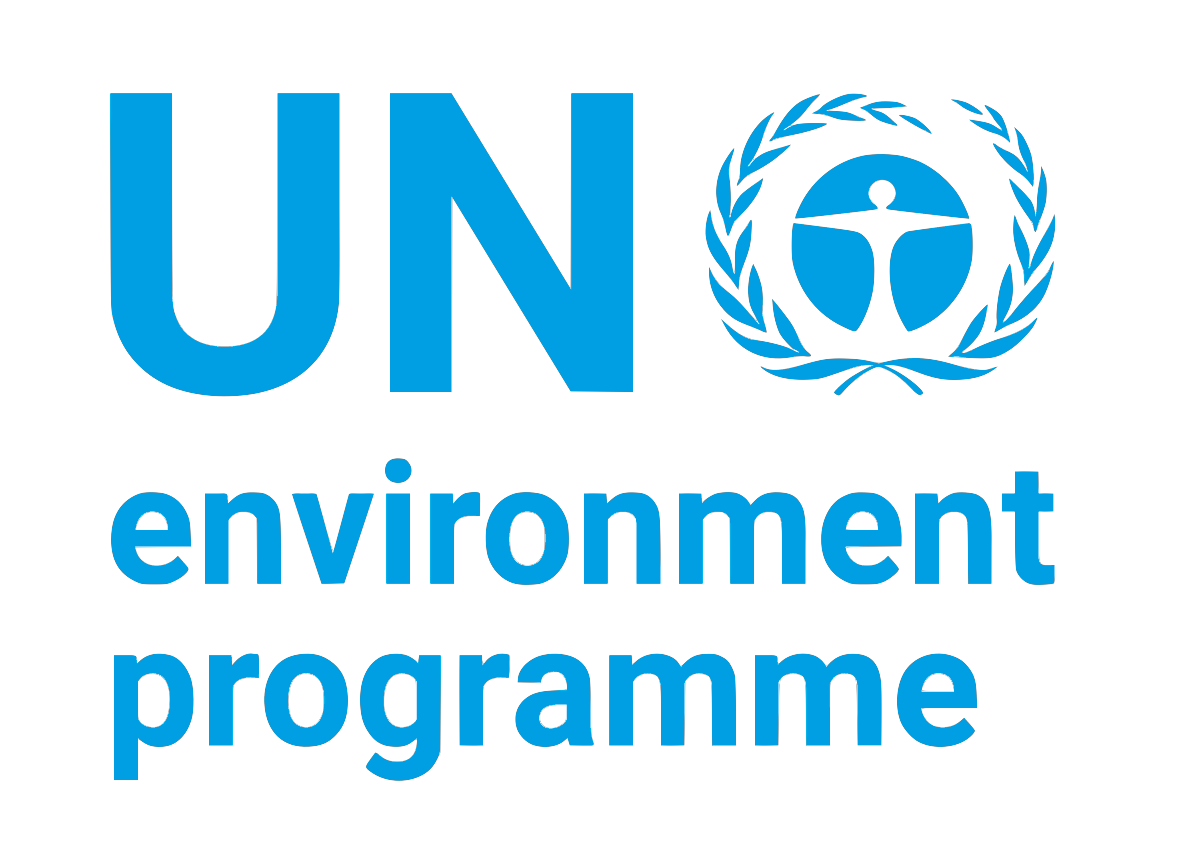Cook Islands - Plastic Reboot
Cook Islands
GEF ID:11185
Project Overview
With the economy and livelihood heavily dependent on marine resources, the Cook Islands are disproportionately affected by plastic pollution both directly, as plastic waste accumulates in the environment due to an increase in imported packaged goods coupled with an inadequate waste management system, and indirectly, through the contribution of plastic production to climate change.
While the Government of the Cook Islands has committed to a “2045 Zero Waste” goal, current policy and regulatory frameworks are weak, fragmented, and ineffective. Many alternatives to single-use plastics are not available, and local capacity for innovation is low.
Project Components
The project aims to reduce the amount of plastics entering the Cook Islands via the Food and Beverage (F&B) and tourism sectors and to support enabling environments for circular solutions, with the intention of reducing the burden on the Cook Islands waste management system, as well as reducing pollution and harmful impacts of plastic.
This will be achieved by:
Strengthening legislation to restrict F&B-related plastics imports and disincentivizing their consumption domestically, in line with Plastic Reboot’s Global Project Component 1;
Engaging and supporting local and global stakeholders in the (co-)design and implementation of sustainable gender-responsive alternative solutions to single-use plastics adapted to the local context, in line Plastic Reboot’s Global Project Components 2 and 3;
Enhancing capacity, knowledge exchange, and regional cooperation to put pressure on global players, hold them accountable and steer tangible progress on environmental and social justice, in line with IP Component 4.
Global Environmental Benefits
Building on relevant national policies and initiatives, the project is expected to deliver the following global environmental benefits: 57 metric tons of avoided residual plastic waste (CI 9.8), in turn resulting in 0.0068 gTEQ persistent organic pollutants (POPs) to air reduced (CI 10) and 234 metric tons of CO2e reduced (CI 6.7).








